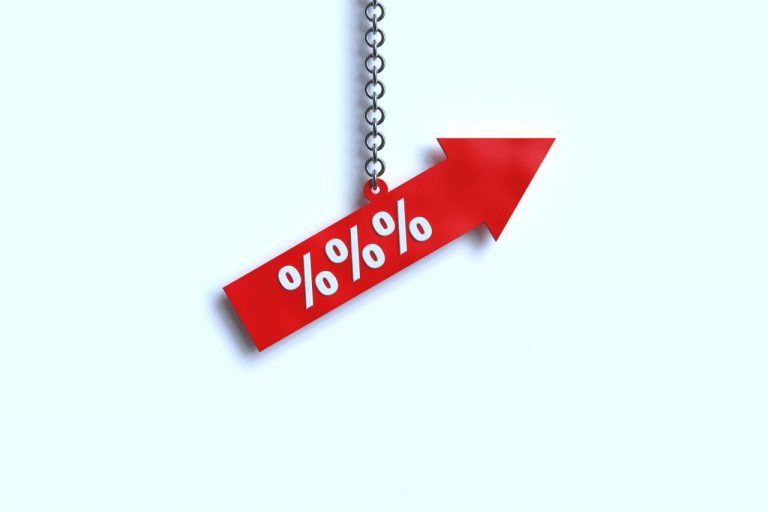
What is a fixed rate mortgage?
A fixed rate mortgage is where the interest rate on your mortgage stays the same for a set period. This is in contrast to variable rate mortgages, where your interest rate will fluctuate with the market.
A typical period for a fixed rate mortgage is between 2 and 5 years. Many lenders offer fixed rates up to a maximum of 10 year however, some are now available for the full term of the mortgage
Should I get a fixed rate mortgage?
Many people choose to get a fixed rate product because your mortgage payments stay at the same interest rate. This is regardless of fluctuations in the Bank of England base rate or your lender’s standard variable rate (SVR). This makes it easier to budget and plan around your monthly mortgage payments, as you are protected from sudden, large hikes in mortgage payments if interest rates increase. In the long run this could end up saving you thousands of pounds in interest costs.
What are the pros and cons of a fixed rate mortgage?
Pros
- Your monthly payments will be predictable as the interest is the same every month. Your payment amount won’t change throughout the fixed rate period, regardless of what happens to interest rates in the general market. This can provide peace of mind and make it easier to budget.
- You are protected from rising interest rates. If interest rates go up during your fixed rate period, you’ll be locked in at a lower rate, saving you money. However, this can work against you if the market rate drops.
Cons
- You potentially could have a higher initial interest rate. Lenders sometimes impose slightly higher rates, as you don’t have to worry about market fluctuations.
- Less flexibility – if interest rates go down during your fixed rate period, you won’t be able to take advantage of the lower rates. You’d have to remortgage to lock in a lower rate. However, if you want to remortgage to a lower rate, an early repayment charge could be imposed.
Deciding how long to fix for
Typically fixed mortgage rates last two, three, five or ten years. However, some lenders do offer longer fixed rate mortgage terms. Fixing for ten years could largely benefit those with at least 40% equity in their existing property.
Remember though, if market rates drop below your fixed rate, you are missing out on the interest savings.
Those in this position could expect a lower fixed interest rate. This offers security if rates fluctuate, which looks to be likely in the next couple of years.
Who are fixed rate mortgages suitable for?
| 1 year fix | 1 year is the shortest amount of time that mortgage interest rates can be fixed for. Fixed terms of this length are very rare and typically come with more expensive rates than other products. |
| 2 year fix | 2 year fixes are popular. They offer stability for people with no immediate plans to move and are often cheaper than a 5 year fix. |
| 3 year fix | 3 year fixed rate terms are ideally for those who want to stay where they are for now but intend on moving in the next 3-5 years. They tend to be more expensive than 2 year fixes but cheaper than 5. |
| 5 year fix | 5 year fixed rates are also popular. These types of fixes are good for people who intend on staying in their property for the medium to long term future but expect their situation to change in the future. |
| 10 year fix | 10 year fixed rates are suitable for those who are planning to stay in their home for the foreseeable and would like to budget for the long term. |
| Longer than 10 years | It’s very rare that lenders will offer a fixed term longer than 10 years. Talk to us if you feel like this is something you need to consider. |
Planning for the longer term requires a degree of certainty about future plans:
- Is the present property suited to family and employment prospects without the need to move?
- Are there likely to be any issues around future nearby development or infrastructure improvements that could impact your desire to remain where you are?
Think about these things and speak to your local authority to find out about development plans.
What happens when a fixed rate mortgage ends?
What typically happens when your fixed rate deal ends is that you will return to the lender’s standard variable rate (SVR). A lender’s SVR is usually higher than your fixed rate, therefore many people look to obtain a new deal.
This can be done through your current lender or by remortgaging to a new lender. Researching your options before your current term ends will put you in the best position to obtain a good deal.
Using a mortgage broker is an excellent way to prepare. Their experience within the market will be used to guide you and advise you on the most suitable option based on your circumstances.
How to get the best fixed rate mortgage deal?
To get the best out of a remortgage, you should start planning around 6 months before the end of your term. Planning in advance can help you to avoid extra payments. You can use our mortgage affordability calculator for a rough estimate of your current affordability.
Seeking advice from an experienced broker can be crucial. At The Mortgage Centres we will be able to advise you on any type of mortgage product.
Our teams have special access to lenders and their mortgage products, designed to suit borrowers’ specific needs. So why not reach out today and speak to one of our specialist advisers over a free consultation.
- Blog



